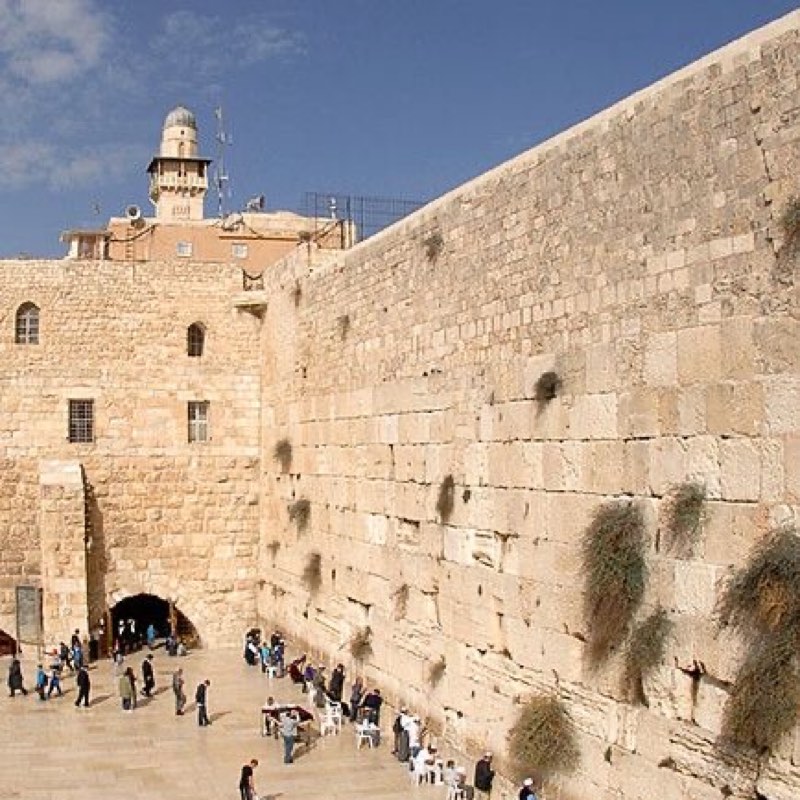From a Quranic perspective, the Western Wall or Wailing Wall is considered a part of Al-Aqsa Mosque according to Surah 17 verse 1 in the Quran. How is this theological viewpoint presented?
According to the Quranic perspective, the Western Wall or Wailing Wall is considered a part of Al-Aqsa Mosque because it is believed to be the site where Prophet Muhammad (peace be upon him) tied his winged steed, al-Buraq, on his night journey to Jerusalem and ascension to heaven. This event is known as Isra and Miraj, and it is mentioned in Surah 17 verse 1 of the Quran, which states:
"Exalted is He who took His Servant by night from al-Masjid al-Haram to al-Masjid al-Aqsa, whose surroundings We have blessed, to show him of Our signs. Indeed, He is the Hearing, the Seeing."
The term Al-Masjid Al-Aqsa, which means "the farthest mosque", is interpreted by Muslim scholars to refer to the entire sacred compound in Jerusalem, including the Dome of the Rock and the Al-Qibli Mosque, as well as the Western Wall, which is the only remaining part of the ancient Jewish Temple.
One possible explanation for why the Western Wall or Wailing Wall is considered a part of Al-Aqsa Mosque is that it is the only remaining part of the ancient Jewish temple that once stood on the Temple Mount, the site of the First and Second Temples of Jerusalem. The temple was destroyed by the Romans in 70 CE, and its site was later occupied by various Islamic structures, including the Dome of the Rock and the Al-Qibli Mosque.
Muslims believe that the temple, originally built by Prophet Solomon, son of Prophet David, was located in Jerusalem, the place chosen by Allah for the Children of Israel to worship Him. Consequently, the Western Wall, as the last remnant of this temple, is also sacred to Muslims and considered part of the Al-Aqsa Mosque compound. It is also believed that Muhammad prayed at the temple site during his Night Journey, before ascending to heaven from the Dome of the Rock.

